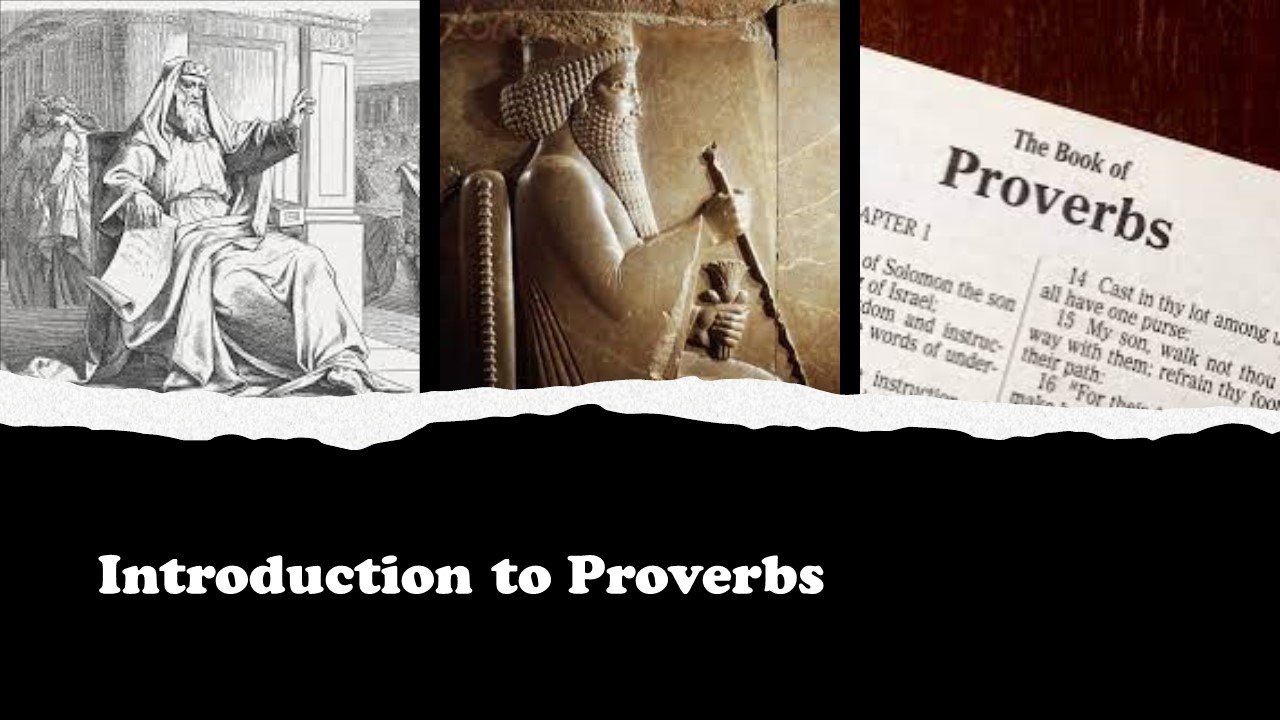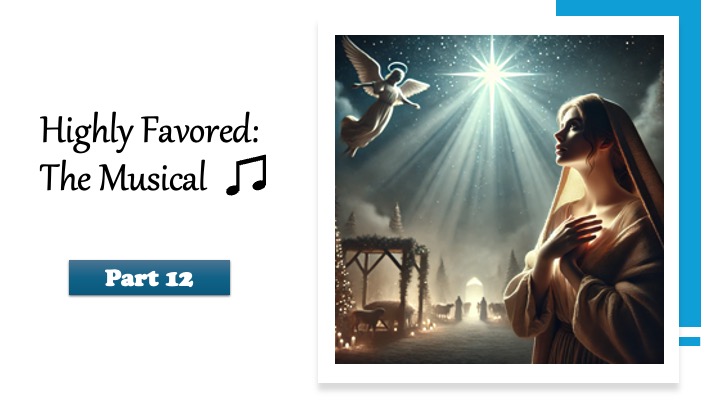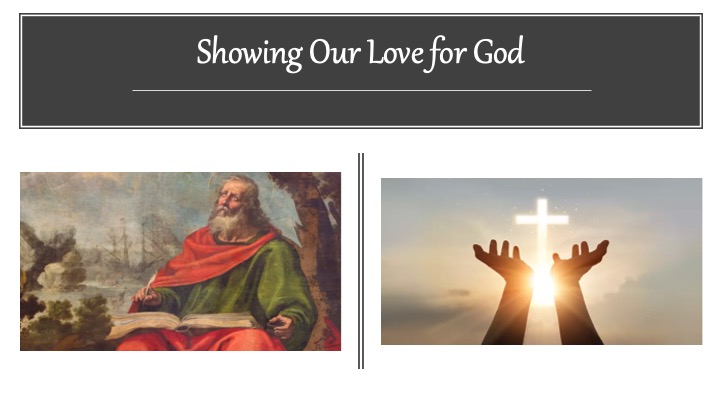In the parched landscape of exile, Ezekiel's prophecies bloom like desert flowers, painted with vibrant imagery of cosmic battles and divine judgment. Centuries later, John of Revelation echoes these themes, weaving a tapestry of symbolic creatures, fiery pronouncements, and ultimate restoration. Both prophets unveil a transcendent God, intimate yet demanding, offering glimpses of a new Jerusalem bathed in radiant light.
Their visions, though cloaked in apocalyptic imagery, are not harbingers of doom, but promises of hope. We see judgment not as retribution, but as a purifying fire, and the Lamb as a wounded healer bridging the chasm between us and God. The call to transformation rings loud, urging us to become living temples, radiating God's love and justice in a world fractured by sin and conflict.
We stand, like them, at a threshold. Challenges abound, mirroring the cosmic battles and fiery pronouncements in their visions. Yet, within their echoes lie whispers of redemption and calls to action. We are reminded that even in the darkest valleys, God remains present, guiding us through quiet moments of prayer and acts of kindness.

A proverb is a brief, memorable saying that imparts a truth, moral lesson, or wisdom. Often metaphoric or allegorical, proverbs convey profound insights in...

This week we are replaying "Best of" episodes from the past. In this reprise of Highly Favored: Part 12, Mary and Joseph begin their...

Toward the end of His earthly life, Jesus could testify to His disciples that He had been faithful to His Father’s commandments, and, as...